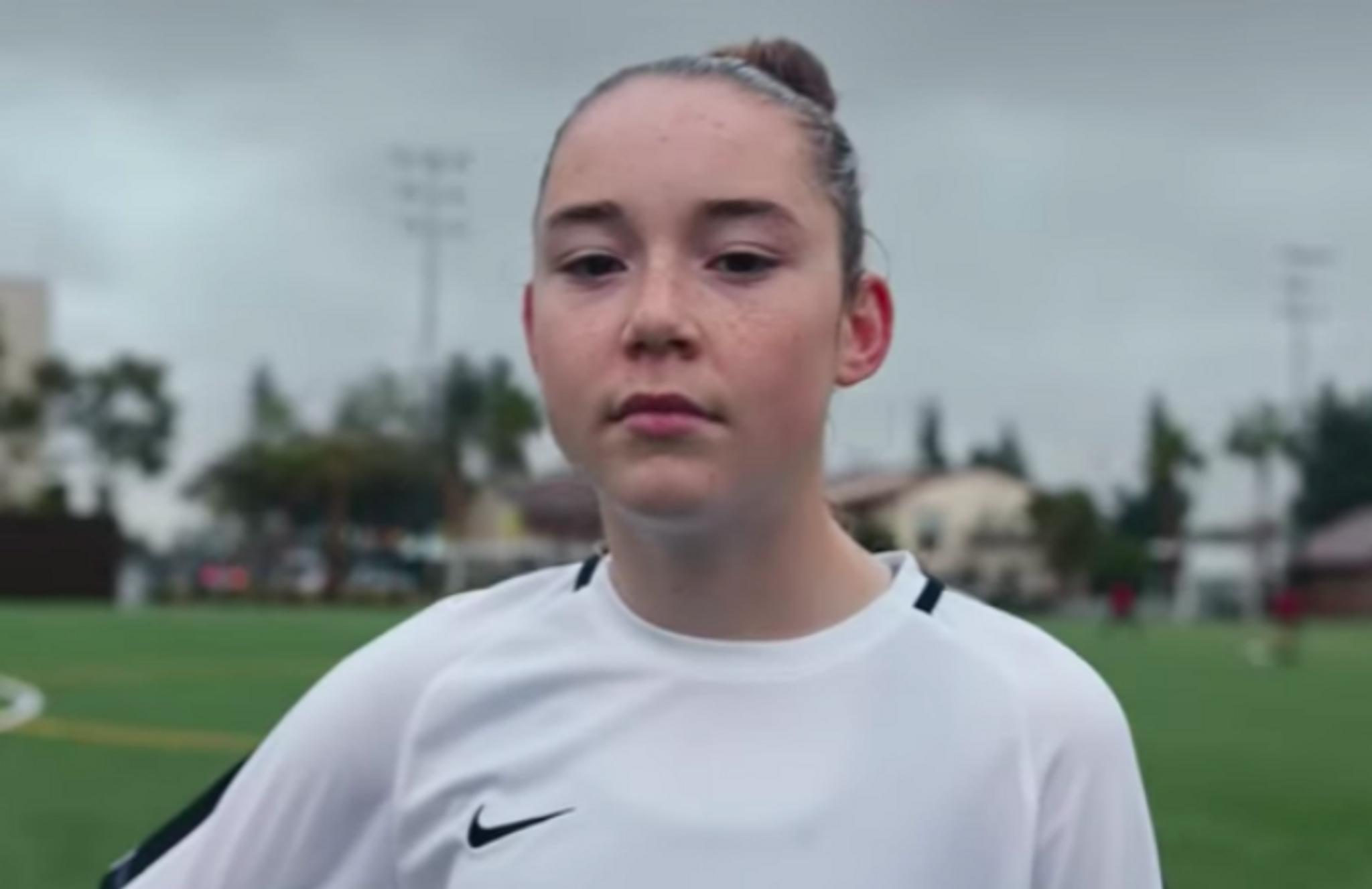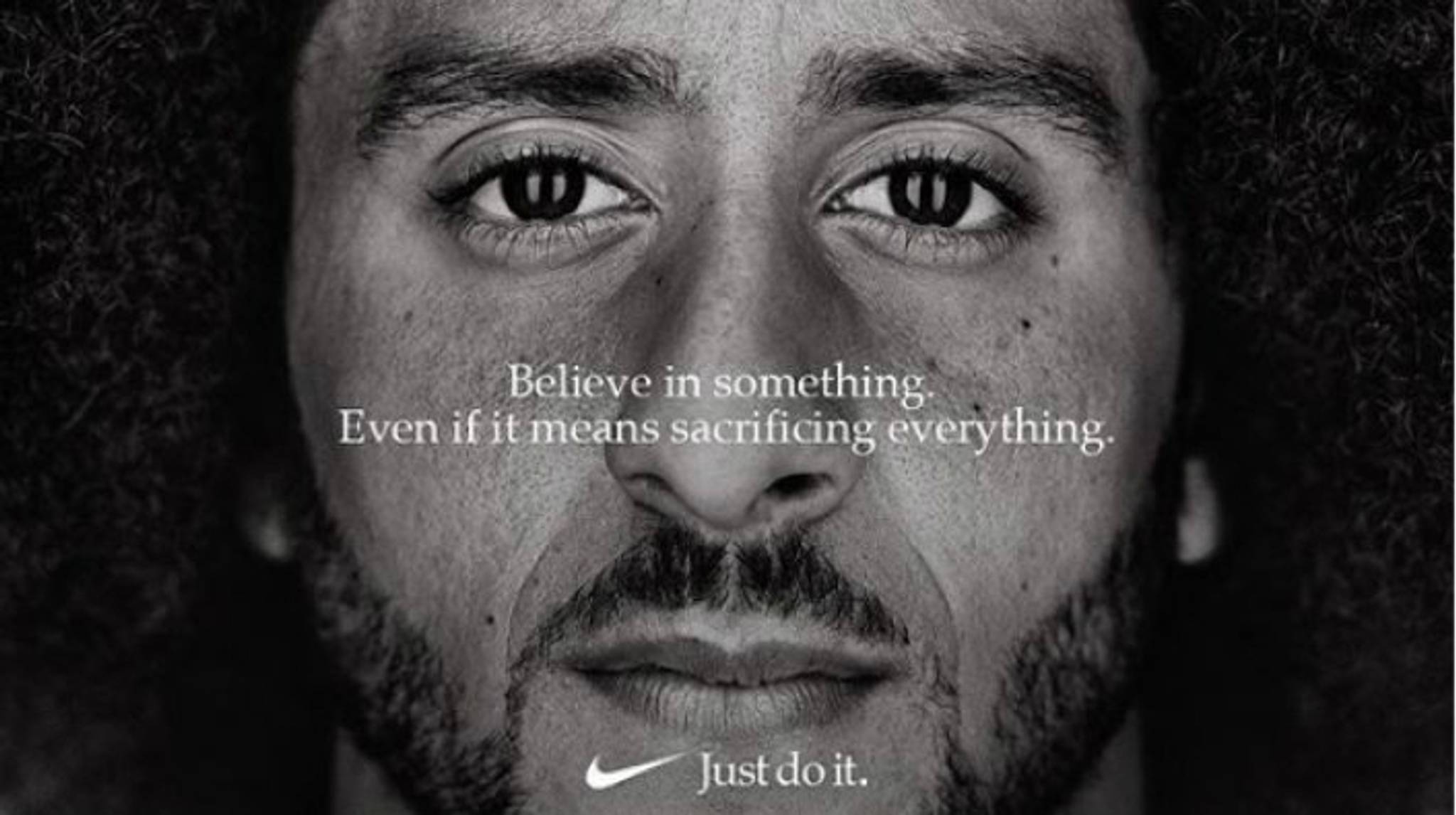
Nike has released an ad about how England football star Raheem Sterling emerged from an environment of adversity to achieve elite sporting success. By highlighting his relatable and inspiring story, Nike aims to boost its reputation as an authentic challenger brand that champions important values. We explore the insights behind this and how the ad helps Nike continue to establish its status as a driver for promoting inclusivity through sport.
The ad, part of Sterling’s continued partnership with Nike, tells the story of how a "naughty kid from Brent" achieved his dreams against all odds. The video walks through the troubled London borough where Sterling grew up, depicting scenes of kids playing sports and acting up, intertwined with clips of Sterling’s success on the field. It also highlights Sterling’s initiative with Brent Schools Football Association, where the athlete is helping to set up coaching clinics for schools to inspire young people in underserved communities. “Brent means everything to me – growing up there, having friends from different backgrounds, learning about different cultures, and taking that with me,” says Sterling. “I’ve always wanted to give back to the community that I grew up in and give them an opportunity.”
Given Sterling’s emergence as a leader in the battle against racism in football, the ad meets Gen Zers' desires to see relatable media personalities on-screen, who aren’t afraid to speak up for what they believe in. “He's not a traditional spokesman, he's a regular guy,” notes sports writer Musa Okwonga, adding: "He's an everyman and that's why his messages are so powerful”.
What's more, through its connection to the establishment of the Brent Schools Initiative, the spot will likely appeal to the two-thirds of young people globally who believe that brands only talk up diversity and inclusion initiatives, and should instead focus on taking visible action. Even Nike has come under fire in the past for this reason – a US campaign starring Colin Kaepernick was accused of woke-washing because it vocalised values without acting on them. Meanwhile, the brand was applauded when it pulled a product after it was called out for associations with the far-right – causing its stock to rise. These two differing reactions show how acting on consumer values can be great for business, as long as it’s done in an authentic and actionable way.
This spot isn’t the only instance in which Nike has acted to promote inclusivity through sport. The Dream Crazier campaign challenged the gender bias faced by female footballers and celebrated their success within the sport. And the brand's creation of a modesty swimsuit has allowed Muslim women to go swimming without having to compromise on their religious values.
Alex Poultney is a junior behavioural analyst at Canvas8. He holds a BSc in Psychology and an MSc in Psychology of Advertising. Outside of work, you’ll find him consuming any form of sport – from grass-roots to high-profile tournaments, or going abroad to sample some of the quirkier foods the world has to offer.



